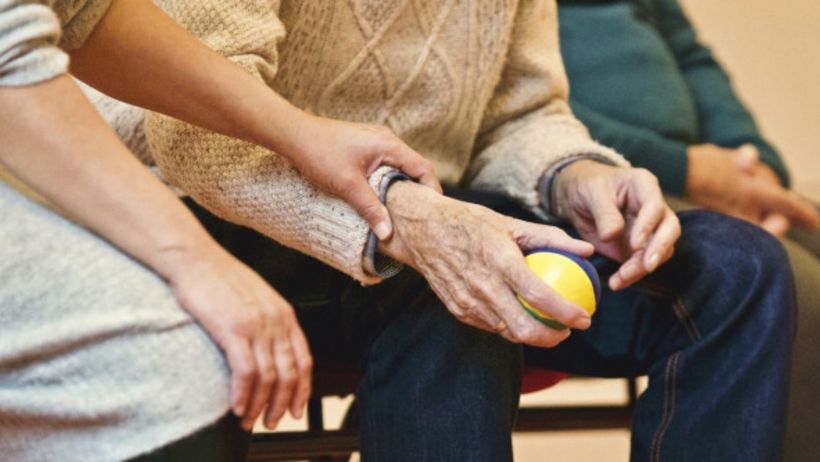As we age we go through a variety of stages. We begin life solely dependent on other, older human beings for support, nutrition, care, and other necessities. As we age we gain independence in each of these areas. From learning to hold a cup or fork, to learning to walk, read, and balance a checkbook, we’re on a steady trend of depending less on parents and more on our own ability to lead and navigate the world.

Even into adulthood, there are certain things we turn to our parents for, even though we might not depend fully on them. When I became a mom, for example, I certainly had lots of questions for my mom about parenting. Eventually, there often comes a point when the roles are reversed, and the parent depends on the child for many things. Many elderly parents rely as much or more on their children for the support they once gave to them.
The idea of this role reversal, of parents relying on children, goes as far back as our very own patriarchs in the Torah. This week we read Parshat Vayechi, the last in the book of Genesis. The text begins with the request of Jacob to not be buried in Egypt, and continues with Jacob blessing each of his sons in his final hours. This text ends with Joseph making the request of his kin to bury him back in Israel when they finally leave Egypt.
What is remarkable is the ways in which we have seen changes in Jacob and Joseph, as well as in their children. Our text begins with Jacob’s end. Jacob has been cared for by his family for a while now as they made their way down to Egypt, and as his beloved son, Joseph, was the caretaker for all of their society. However, in this moment Jacob voices one final request. Chapter 47, verse 29 has Jacob asking his family to do him the service of burying him in Israel. When the Israelite nation will ultimately leave Egypt, he wants to be buried in his homeland. He asks his child out of steadfast loyalty to make him this promise, and in this moment we see a poignant role reversal of parent and child. And of course, Jacob’s sons agree to “remember him” and carry his bones with them as they leave.
This week’s parshah is truly a circle of life display, and the lesson is that caring for other individuals never stops. Responsibility and compassion never take a holiday; they simply guide our lives differently at different times.
– Rabbi Eve Posen
Source: Caring for the Caretaker – Parshat Vayechi 5779



